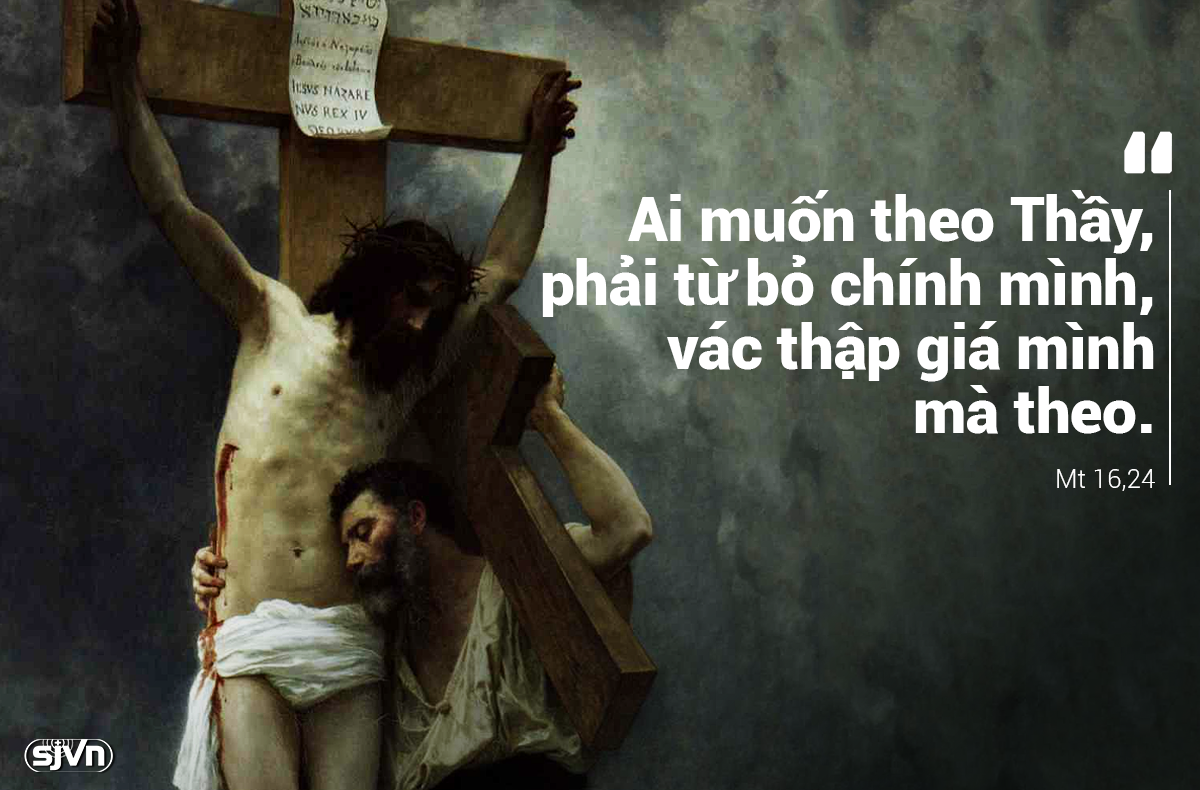Reflection
6th Sunday in Ordinary Time | Year A
Matthew 5:17-37
Jesus said to his disciples: ‘Do not imagine that I have come to abolish the Law or the Prophets. I have come not to abolish them but to complete them. I tell you solemnly, till heaven and earth disappear, not one dot, one little stroke, shall disappear from the Law until its purpose is achieved. Therefore the man who infringes even one of the least of these commandments and teaches others to do the same will be considered the least in the kingdom of heaven; but the man who keeps them and teaches them will be considered great in the kingdom of heaven.
‘For I tell you, if your virtue goes no deeper than that of the scribes and Pharisees, you will never get into the kingdom of heaven.
‘You have learnt how it was said to our ancestors: You must not kill; and if anyone does kill he must answer for it before the court. But I say this to you: anyone who is angry with his brother will answer for it before the court; if a man calls his brother “Fool” he will answer for it before the Sanhedrin; and if a man calls him “Renegade” he will answer for it in hell fire. So then, if you are bringing your offering to the altar and there remember that your brother has something against you, leave your offering there before the altar, go and be reconciled with your brother first, and then come back and present your offering. Come to terms with your opponent in good time while you are still on the way to the court with him, or he may hand you over to the judge and the judge to the officer, and you will be thrown into prison. I tell you solemnly, you will not get out until you have paid the last penny.
You have learnt how it was said: You must not commit adultery. But I say this to you: if a man looks at a woman lustfully, he has already committed adultery with her in his heart. If your right eye should cause you to sin, tear it out and throw it away; for it will do you less harm to lose one part of you than to have your whole body thrown into hell. And if your right hand should cause you to sin, cut it off and throw it away; for it will do you less harm to lose one part of you than to have your whole body go to hell.
‘It has also been said: Anyone who divorces his wife must give her a writ of dismissal. But I say to you: everyone who divorces his wife, except for the case of fornication, makes her an adulteress; and anyone who marries a divorced woman commits adultery.
‘Again, you have learnt how it was said to our ancestors: You must not break your oath, but must fulfil your oaths to the Lord. But I say this to you: do not swear at all, either by heaven, since that is God’s throne; or by the earth, since that is his footstool; or by Jerusalem, since that is the city of the great king. Do not swear by your own head either, since you cannot turn a single hair white or black. All you need say is “yes” if you mean yes, “No” if you mean no; anything more than this comes from the evil one.’
Reflection
There is a forcefulness in this piece of Matthew’s gospel which is quite disturbing. By our standards, plucking out eyes and cutting off hands are extreme responses to our faults and the sinful aspects of our lives. It is easiest to focus on the section about being reconciled with our brother or sister which has its parallel in the saying “Don’t let the sun go down on your anger”.
If we look at what Jesus was saying in its totality the theme he illustrates with such disturbing examples is “take responsibility for acting”.
We should not blame the stand-off with the brother or sister on them and proclaim that they should come to us. It is our duty to go to them regardless of who was right or wrong.
If there is something sinful in our relationship with a man or woman, we should not blame it on them or make excuses. It is our responsibility to act and to deal with whatever is wrong in the relationship and in ourselves.
Making excuses for things we know are sinful and blaming others are ways we avoid taking responsibility for those parts of our character which disrupt relationships and hurt others. In essence we refuse to move on in our spiritual lives, giving ourselves absolution and proclaiming that others are the problem, not us.
But it can be tough letting go of emotions and desires – and often our own hurt - in order to grow in Christ and to bring peace into our relationships. The desire to do it is the starting point. A sincere prayer acknowledging what is wrong and a plea for divine assistance is the second step.
We can’t bring about this type of change of heart by ourselves, and if we think we can, the results are likely to be similar to the shallow virtues of the scribes and Pharisees. Opt for the deeper change by inviting Jesus into the process. He has made it abundantly clear in the gospel passage that dealing with sinfulness is a very important step for his followers.
The List of Contributions Received by Caritas Vietnam
1. The list of 2024 contributions to the Caritas Vietnam general charity fund
2. The list of 2023 contributions to the Caritas Vietnam general charity fund
Latest project information
Copyright © 2018 by COMMISSION on CHARITY and SOCIAL ACTIONS - CARITAS VIETNAM
Total visits: 25,027,492
















